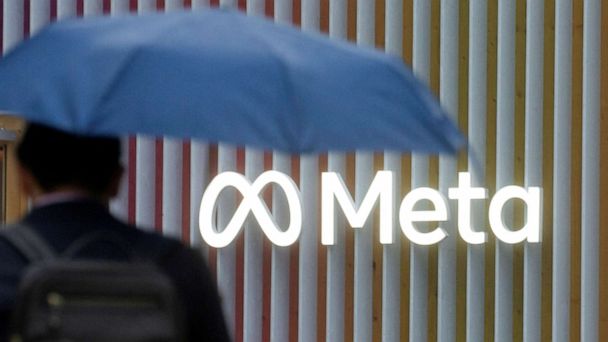It is human to seek validation. Social media validation, on the other hand, gives people a sense of superiority. There’s a reason why people heavily document their international vacations or even a weekend getaway on their social media through stories or posts. Showcasing that you’re living a better life than the average Joe has become the twisted reason why people post on social media nowadays, or at least, that’s what my pessimistic worldview says to me. To add fuel to the fire, social media also has a class divide. The verification badge!
A simple blue tick beside your name sets you apart from the masses. For years, the verification badge on your profile was something you earned by standing out from the crowd. An entertainer, a philanthropist, a businessman, or a content creator amongst many other notable professionals were awarded the verified status on social media. Well, those were different times and the new age of social media has allowed users to buy verification badges!
Meta Verified comes to India
Meta CEO Mark Zuckerberg recently announced on his broadcasts channel that the paid verification system has now launched in India. The US, Australia, and New Zealand were the first countries to receive the paid verification now followed by India, the UK, and Canada.
The verification subscription in India is directly available for purchase on Instagram or Facebook. People can purchase a monthly subscription for ₹699 on iOS or Android. Whereas, users with legacy blue ticks will maintain their verified status. This is a different approach from that of Twitter which decided to yank away the verification status of legacy users in the hopes of turning them into paid subscribers. So, what do you get besides a verified blue tick if you decide to buy the subscription?
After providing a government ID to confirm their identity, subscribers gain access to proactive impersonation protection along with direct access to customer support. Additionally, users also get benefits like badges and exclusive stickers on Facebook and Instagram along with 100 Stars per month on Facebook to support other creators.
Paid Verification: Double-edged Sword
The implementation of paid verification has garnered mixed reviews. The supporters of this subscription model believe that increases the platform’s dependability and openness. This translates to users being more likely to identify between real users and/or impostors. The Meta Verified subscription could lead to solid protection against identity theft, fraud, and fake news.
However, there are also people like me who believe that the service is a class divide between Instagram and Facebook users. The elite hierarchy of a verified badge could breed toxicity among social media users. Some creators on social media often look for shortcuts through unethical bot followers and fake engagement. In a way, Meta has enabled such users by introducing a paid subscription model. Creators who worked hard to achieve a verified status are clearly distraught by Meta’s money-spinning move. It won’t be long before everyone walks around with a verified status on social media and we’re all notable social media personalities!
